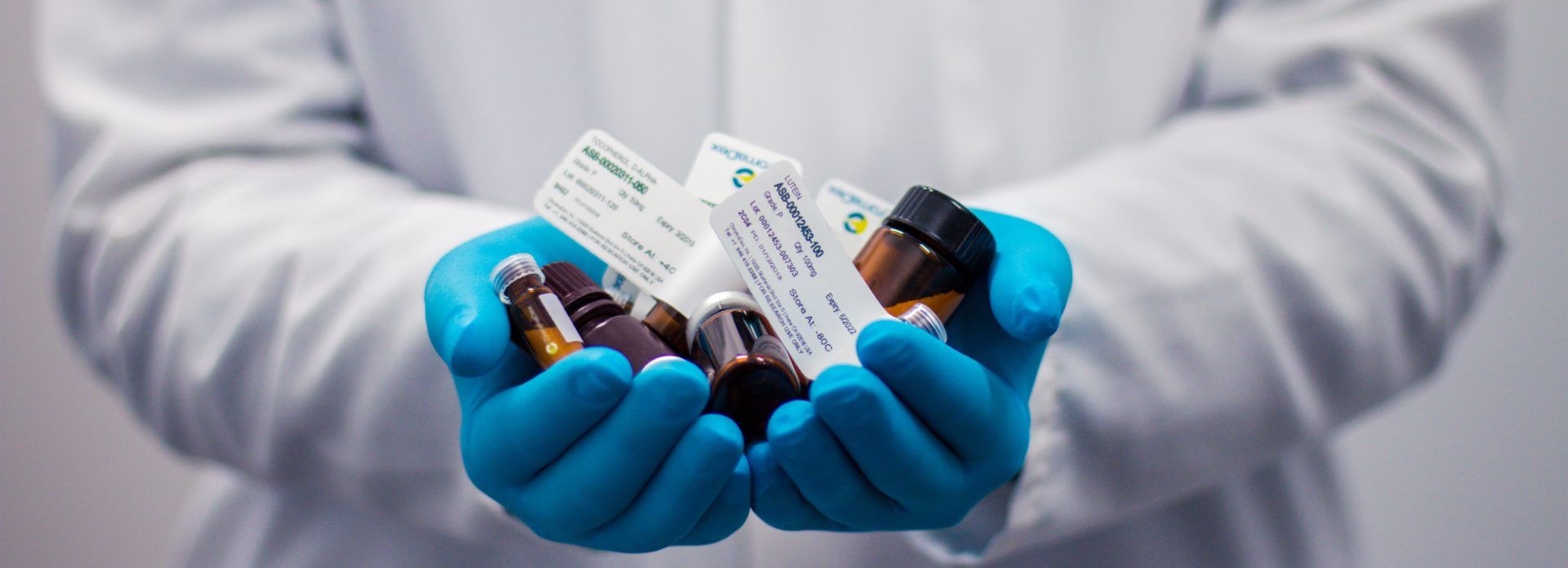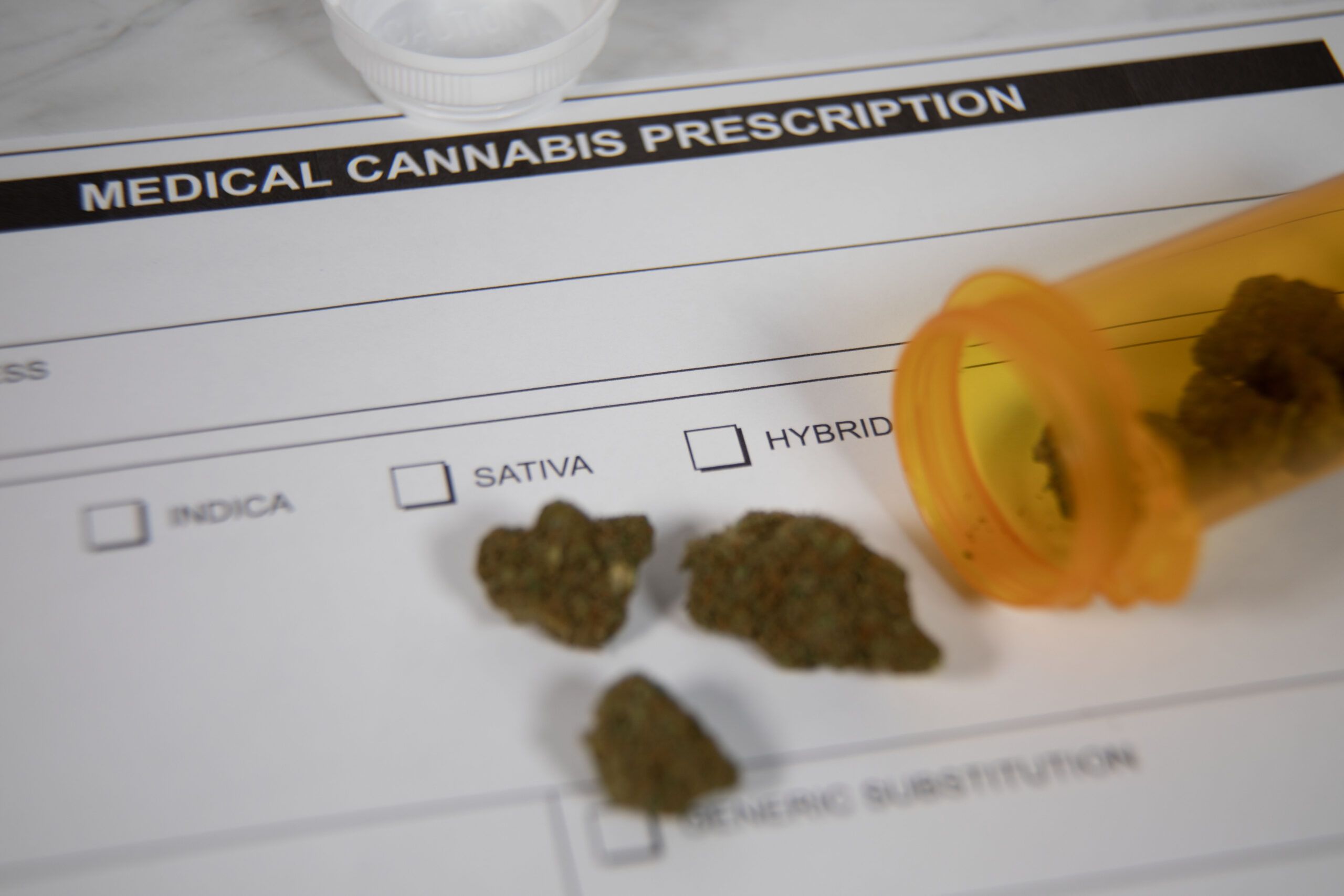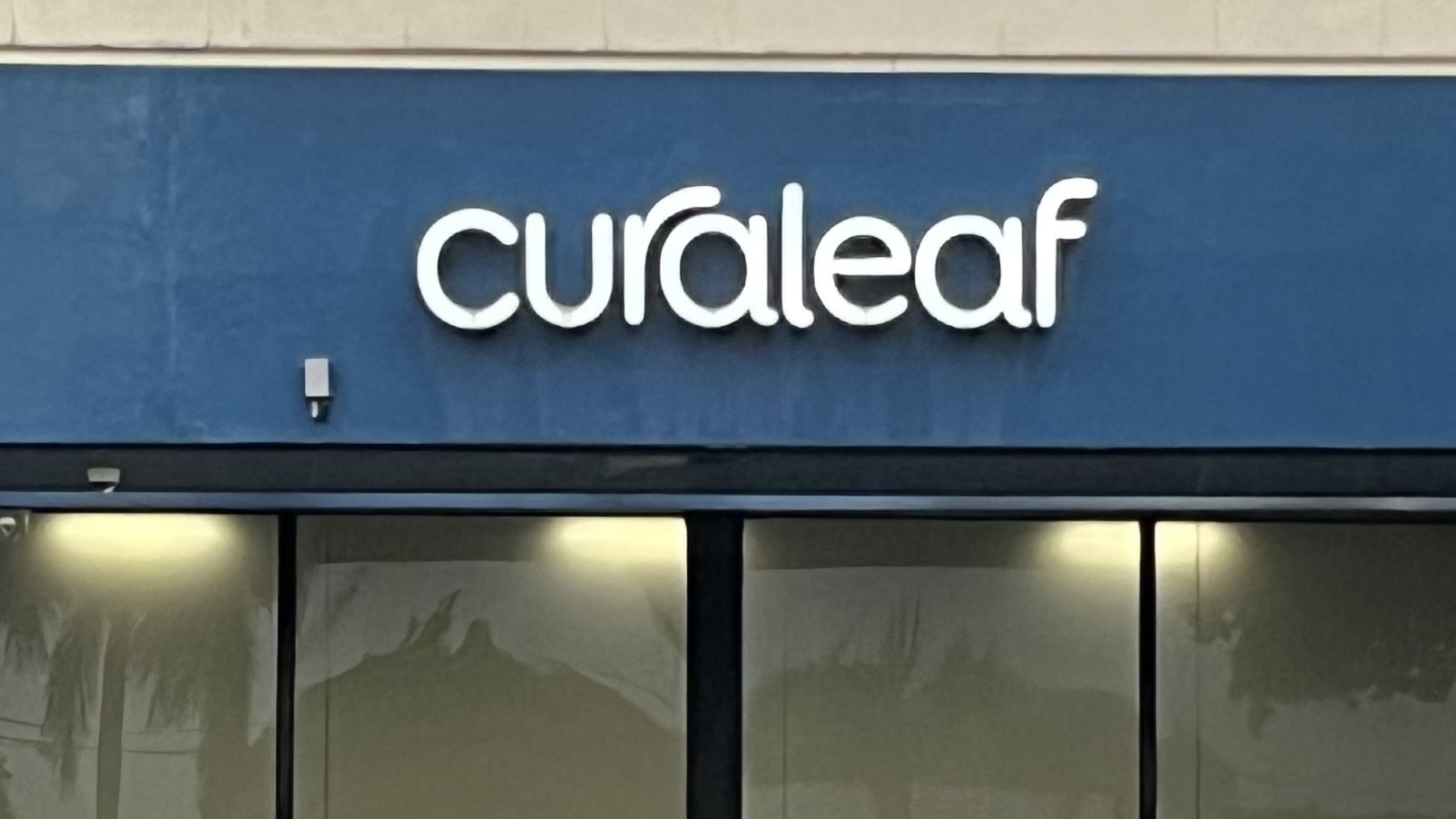
-
Where Medical Cannabis Is Legal: Navigating State Laws
Read more: Where Medical Cannabis Is Legal: Navigating State LawsThe legal status of medical marijuana in the United States continues to evolve. While cannabis remains federally illegal under the Controlled Substances Act, most states…
Blog Posts
-
Veterans & Medical Marijuana: The Struggle for VA Support and Recognition
In the national conversation surrounding medical cannabis, few issues are more emotionally charged than the fight for veteran access through the U.S. Department of Veterans…
-
The Heart of Reform: Inside the Nonprofits Driving Medical Marijuana Advocacy
Across the United States, nonprofit organizations and advocacy groups have become powerful forces in the push to expand access to medical cannabis. Their work has…
-
Smart Shopping for Medical Cannabis: Tips for Finding a Trusted Dispensary
For medical cannabis patients, finding the right dispensary isn’t just about convenience, it’s about trust, safety, and quality of care. With so many options across…




